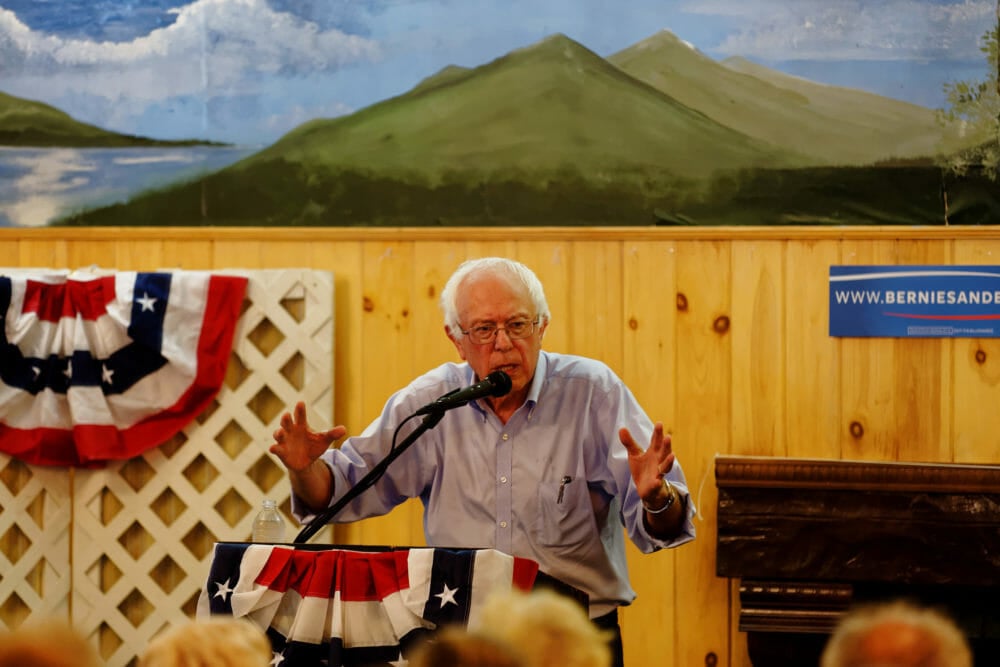A price dispute between the UK's largest supermarket and Dear Utol (2025): Fake Orgasm Episode 44Unilever, one of the world's biggest suppliers, threatened to plunge Britain into a post-Brexit horror as Tesco stopped selling popular household brands online.
SEE ALSO: Tesco pulls popular brands and people are losing itMarmite, PG Tips (tea) and Pot Noodle are among the dozens of brands currently unavailable on the supermarket's website. The row began when Unilever proposed a 10% price increase because of the falling value of the pound against the euro and the dollar after Britain's decision to leave the EU.
Unilever's chief financial officer, Graeme Pitkethly, said the price rises had "landed" with other customers, indicating other retailers had accepted the increase.
Experts believe the row with Tesco will be settled with a compromise, though there will probably be short- and long-term consequences.
"I'm 100% sure we'll see more of these cases," said leading retail analyst Richard Hyman. "It's going to be a big hit for companies, which will have less money and will have to cut costs elsewhere, leading to job losses."
Most of what we consume in the UK, he argues, is imported, and with devaluation of the pound the cost of those goods will go up.
As long as the pound was strong, Unilever, which makes a lot of its products in the UK but also imports from outside the country, was able to keep the cost of imports down. But that has changed dramatically since the referendum.
 Original image has been replaced. Credit: Mashable
Original image has been replaced. Credit: Mashable It's been estimated that the value of pound sterling has dropped 16% against the euro since the Brexit vote on 23 June.
“We are taking price increases in the UK. That is a normal devaluation-led cycle,” Pitkethly said in defense of the move.
But commentators are divided on who's going to absorb this increase in costs.
British shoppers were told to brace for a price increase. Helen Dickinson, the chief executive of the British Retail Consortium, believes the impact of the pound devaluation would eventually hit the consumers.
"Retailers are firmly on the side of consumers in negotiating with suppliers and improving efficiencies in the supply chain to control the inflationary pressure that is building through the devaluation of the pound," she said.
"However, years of falling shop prices and higher costs have left limited scope for retailers to continue absorbing this pressure, and everyone in the supply chain will need to play their part in maintaining low prices for consumers.”
Others, like Hyman, believe both Tesco and Unilever need to share the rising costs as competition is so fierce that they won't be able to pass the increases to the customers.
"It's all about who takes the hit," he said. "Not many years ago the answer would've been simple: it would be the consumer. But that's not an option anymore because of the competitive marketplace."
UPDATE: Oct. 13, 2016, 6:26 p.m. BST Good news for Marmite fans -- on Thursday it was reported that the dispute between Tesco and Unilever had been resolved.
(Editor: {typename type="name"/})
 Shop Owala's Memorial Day Sale for 30% off tumblers
Shop Owala's Memorial Day Sale for 30% off tumblers
 PUBG launches its own website dubbed 'FIX PUBG'
PUBG launches its own website dubbed 'FIX PUBG'
 Apple removes podcasts from InfoWars' Alex Jones on iTunes
Apple removes podcasts from InfoWars' Alex Jones on iTunes
 Dogs throw raging summer luau party in pool full of tennis balls
Dogs throw raging summer luau party in pool full of tennis balls
 A worthless juicer and a Gipper-branded server
A worthless juicer and a Gipper-branded server
 The Jaundiced Eyeball
...[Details]
The Jaundiced Eyeball
...[Details]
9 times Britain was completely, 100% decided on Brexit
 LONDON -- The EU referendum takes place tomorrow, so it's reassuring to know that Britons are headin
...[Details]
LONDON -- The EU referendum takes place tomorrow, so it's reassuring to know that Britons are headin
...[Details]
Sheryl Sandberg asks women to champion each other at work
 Sheryl Sandberg wants women to reject the myth that female co-workersmust become enemies in order to
...[Details]
Sheryl Sandberg wants women to reject the myth that female co-workersmust become enemies in order to
...[Details]
The Couch Potato app for iOS tracks inactivity
 Ever been called a Couch Potato for lounging around? Well, now you can know exactly how much time yo
...[Details]
Ever been called a Couch Potato for lounging around? Well, now you can know exactly how much time yo
...[Details]
Apple is actively looking at AI search for Safari
 The U.S. Justice Department is suing Google (or Alphabet Inc., if you prefer), and in testimony toda
...[Details]
The U.S. Justice Department is suing Google (or Alphabet Inc., if you prefer), and in testimony toda
...[Details]
Tesla wants to buy SolarCity for $2.8 billion
 Elon Musk wants to buy a company he helped start.Tesla announced on Tuesday its intentions to buy So
...[Details]
Elon Musk wants to buy a company he helped start.Tesla announced on Tuesday its intentions to buy So
...[Details]
Watch a heroic man catch dozens of ducklings as they fall from a 30
 Some are born to rescue ducks, and some have duck rescue thrust upon them.The latter was true for Ta
...[Details]
Some are born to rescue ducks, and some have duck rescue thrust upon them.The latter was true for Ta
...[Details]
 Good news, awkward teenagers. Zits are now in fashion -- at least if thisMalaysian designer has anyt
...[Details]
Good news, awkward teenagers. Zits are now in fashion -- at least if thisMalaysian designer has anyt
...[Details]
Today's Hurdle hints and answers for May 12, 2025
 If you like playing daily word games like Wordle, then Hurdle is a great game to add to your routine
...[Details]
If you like playing daily word games like Wordle, then Hurdle is a great game to add to your routine
...[Details]
'Better Call Saul' Season 4 inches closer to 'Breaking Bad' territory: Review
 This review contains spoilers for the Season 4 premiere of Better Call Saul. It was inevitable that
...[Details]
This review contains spoilers for the Season 4 premiere of Better Call Saul. It was inevitable that
...[Details]
NYT Connections Sports Edition hints and answers for May 19: Tips to solve Connections #238

Uber drivers protest against the company's upfront pricing system

接受PR>=1、BR>=1,流量相当,内容相关类链接。